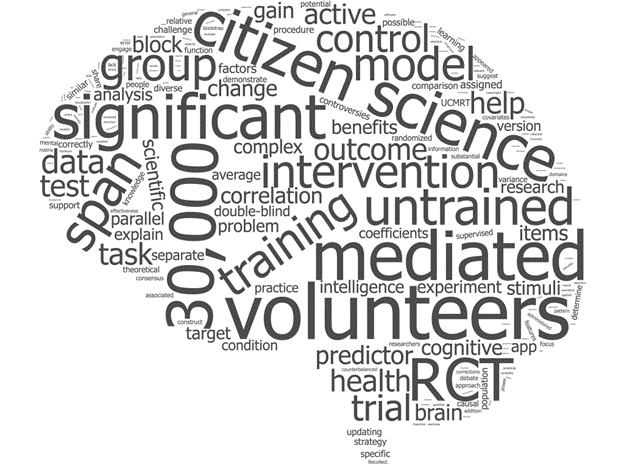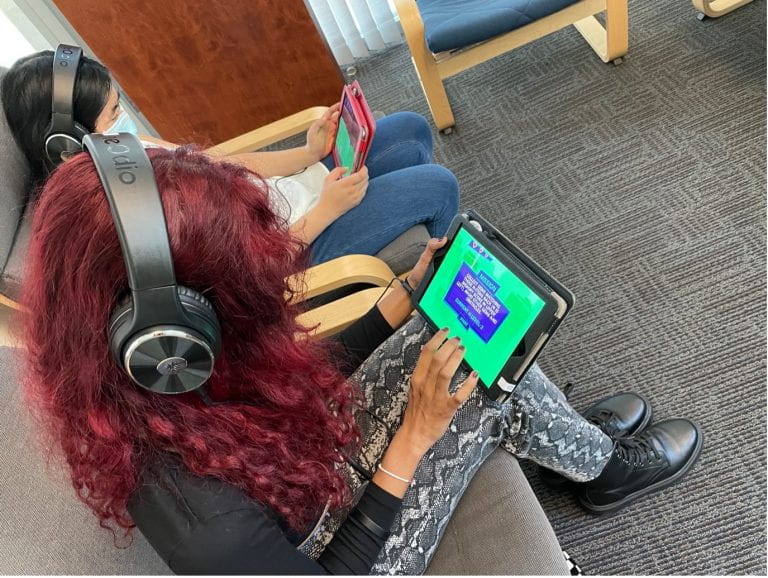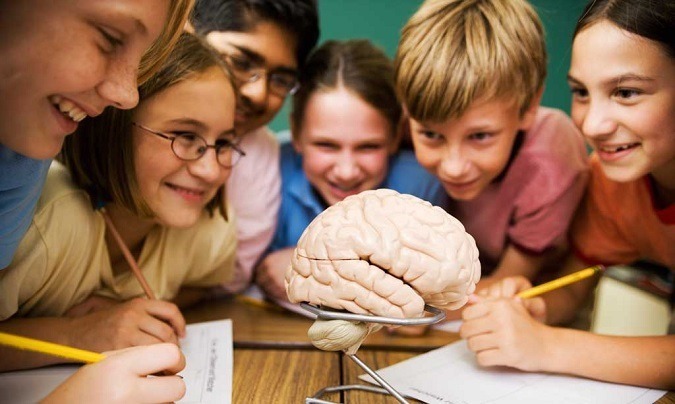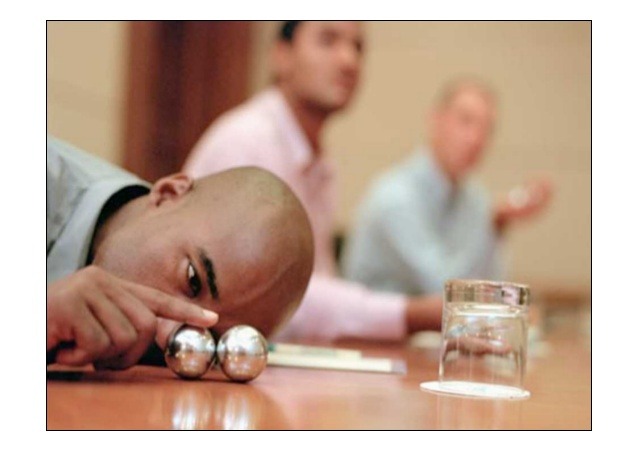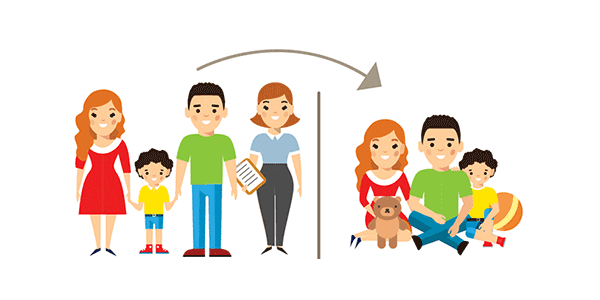Posts Tagged ‘brain training’
Brain Health in 2030: Navigating Neuroplasticity & the Digital Health Market
Brain Health in 2030: Navigating Neuroplasticity & the Digital Health Market from SharpBrains Keynote delivered by Álvaro Fernández, CEO of SharpBrains, during corporate retreat. Key message: Our very human brains and minds are the most sophisticated technology at our disposal, so we should invest more time learning about how they work and harnessing neuroplasticity-based methods…
Read MorePlease help us recruit 30,000 adults for a UC Citizen Science project on cognitive training
How can we cut through the controversies around brain training and unlock the exciting potential as suggested by the numerous published studies showing examples of cognitive training benefits?
Read MoreUC study finds near-transfer of cognitive training to be necessary (yet not sufficient) for far-transfer, broader benefits
Who benefits from brain training, and why? (UCI release): If you are skilled at playing puzzles on your smartphone or tablet, what does it say about how fast you learn new puzzles, or more broadly, how well can you focus in school or at work? In the language of psychologists, does “near transfer” predict “far…
Read MoreHelping young brains fight off anxiety by training and raising cognitive control
Anxiety is one of the most common childhood mental disorders. About 7% of children suffer from it at any given time, with nearly 1 in 3 adolescents experiencing it sometime during their teen years. For an anxious child, seemingly normal activities can be hard. Worried kids have trouble adjusting to school, making friends, and learning. They…
Read MoreStudy shows promising results of EEG-based brain training in helping adults with ADHD
Managing attention deficit disorder by training the brain (ScienceDaily): Attention Deficit Hyperactivity Disorder (ADHD) affects about 7% of children, with a two out of three chance of persisting into adulthood. This neurodevelopmental disorder is characterised by concentration difficulties, increased distractibility, impulsivity and hyperactivity. Today, ADHD is treated with pharmaceutical drugs that may have unwanted side…
Read MoreSurvey of 2500 families finds what ADHD treatments seem to work/ not work as applied in the real world
While carefully controlled clinical trials are essential for establishing scientific support for different ADHD treatments, it is also important to examine how parents feel about the treatments they actually select for their child. How parents feel about ADHD treatments they have tried for their child provides an important complement to published clinical trials data, and can…
Read More
